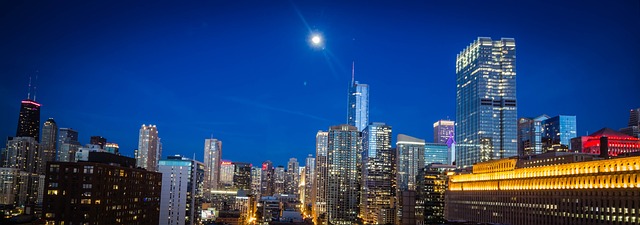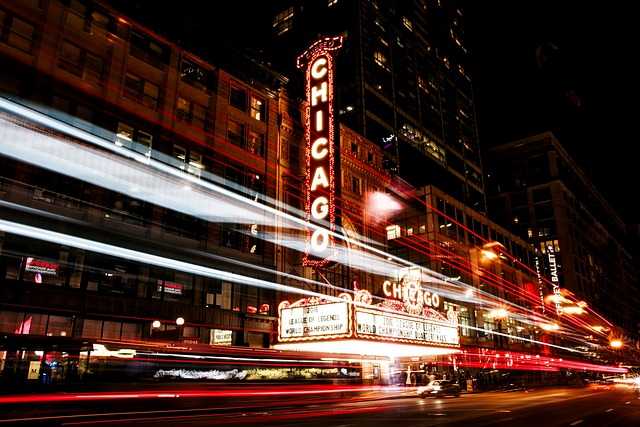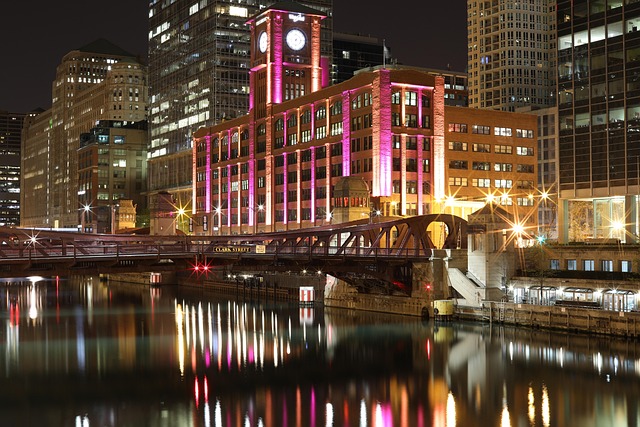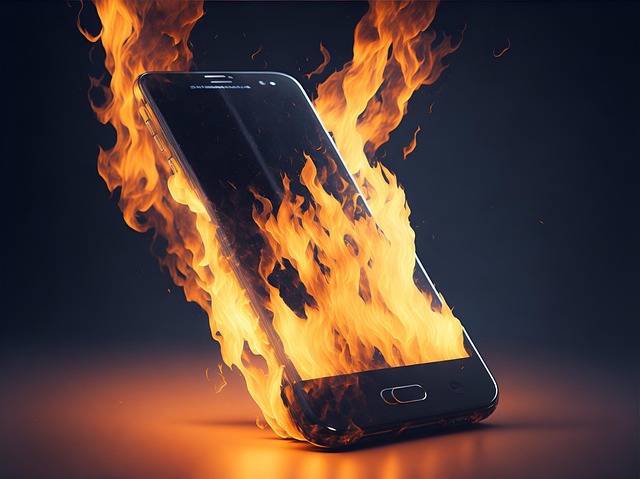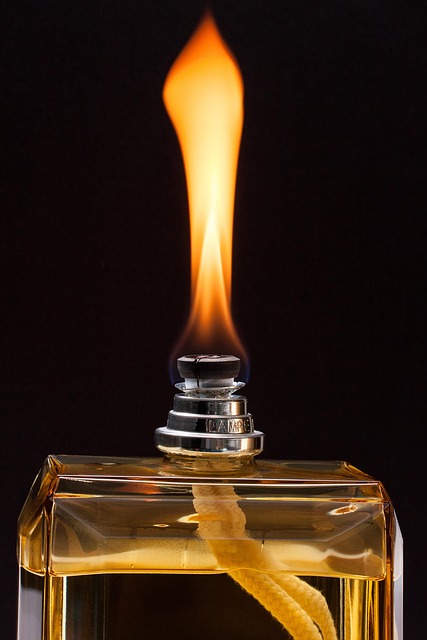Smoke damage from fires significantly impacts the resale value of Chicago properties, requiring thorough remediation to restore them to pre-loss condition. This process involves cleaning, odour removal, structural repairs, and professional assistance using specialized tools to meet health standards. Legal considerations, insurance claims, and market trends should be navigated strategically, with options including repair, rehabilitation, or demolition for investors interested in distressed properties. Using keywords like 'selling fire damaged homes Chicago' can optimize visibility during this complex process.
In Illinois, especially in bustling Chicago, smoke damage from fires is a common residential issue. Understanding this complex problem is crucial for homeowners and real estate investors alike. This article guides you through navigating smoke damage remediation in Chicago, from recognizing signs to legal aspects and tips for selling affected properties. We break down the process, tools, insurance claims, and market considerations to ensure informed decision-making for fire-damaged homes in the area.
- Understanding Smoke Damage: A Common Issue in Chicago Homes
- The Impact of Fire and Smoke on Real Estate Value
- Step-by-Step Process for Smoke Damage Remediation
- Essential Tools and Equipment for a Successful Cleanup
- Legal Considerations and Insurance Claims in Chicago
- Tips for Selling Fire-Damaged Properties in the Area
Understanding Smoke Damage: A Common Issue in Chicago Homes
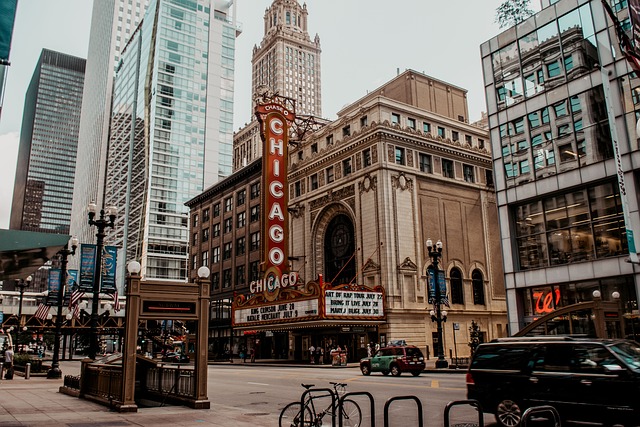
Smoke damage is a prevalent concern for many homeowners in Chicago, often resulting from cooking fumes, wildfires, or more severe incidents like structural fires. When a fire occurs, it leaves behind not only burn marks but also causes extensive smoke residue and odour. This smoke can permeate walls, ceilings, floors, and furnishings, making affected areas unsellable in the real estate market. In Chicago, where selling fire-damaged homes is already challenging due to strict building codes, proper remediation is crucial for restoring properties to their pre-loss condition.
The impact of smoke damage extends beyond physical structures; it can affect a home’s overall value and appeal. Prospective buyers are often deterred by the presence of smoke odours or visible signs of fire damage, making it essential for homeowners and real estate agents to understand the remediation process. Efficient smoke damage remediation involves thorough cleaning, odour removal, and, in severe cases, structural repairs to ensure a safe and desirable living space, thus facilitating the selling of fire-damaged homes in Chicago.
The Impact of Fire and Smoke on Real Estate Value
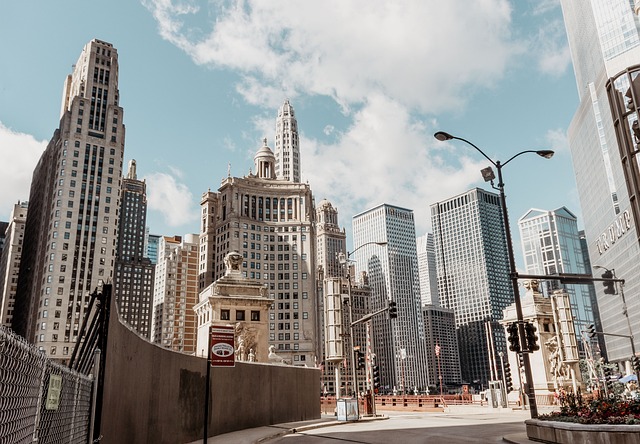
Fire and smoke damage can significantly impact the value of real estate properties, especially in densely populated areas like Chicago. When a home experiences fire damage, it not only affects the physical structure but also has economic repercussions for the owner. The cost of repairs and renovations is often a significant consideration, as buyers may be hesitant to purchase a property that requires substantial work. In many cases, selling fire-damaged homes in Chicago can be challenging due to perceived risks and the associated expenses.
The extent of the damage plays a crucial role in determining the property’s future value. Minor smoke residue or superficial burns might not deter all buyers, especially if the seller is transparent about the incident and provides evidence of pre-fire condition through documentation and inspections. However, extensive smoke damage that permeates walls, ceilings, and furnishings can significantly lower the market value, making it a complex process to sell fire-damaged homes in Chicago without substantial renovations.
Step-by-Step Process for Smoke Damage Remediation

After a fire, smoke damage can leave behind unpleasant odors and visible residues on surfaces, affecting both the structure’s integrity and potential resale value. The remediation process is crucial for restoring safety and attractiveness in selling fire-damaged homes Chicago residents might be considering. Here’s a step-by-step guide to help navigate this challenging task:
1. Safety First: Begin by ensuring it’s safe to enter the property. Address any structural issues, like damaged roofs or walls, before proceeding. Check for hazardous materials, such as asbestos, that could have been affected by smoke and require professional handling.
2. Clear the Space: Remove all contents from the affected areas to prevent further contamination. This includes furniture, electronics, and personal belongings, which should be cleaned or disposed of properly according to insurance guidelines.
3. Ventilate Thoroughly: Open windows and doors to allow fresh air in, helping to dispel persistent smoke odors. Utilize fans and air purifiers to enhance ventilation and accelerate odor removal.
4. Professional Cleaning: Engage the services of restoration specialists who use advanced equipment like HEPA vacuums and ozone generators to clean surfaces and remove smoke residue. They’ll also thoroughly scrub walls, ceilings, and floors, restoring them to their pre-fire condition.
5. Odor Removal: Persistent smoke odors can linger, requiring specialized treatments. Experts might use odor neutralizers or even apply special coatings to porous surfaces to prevent future odor absorption.
6. Restoration and Repair: Once cleaning is complete, repair any damage, replacing drywall, paint, and fixtures as needed. Ensure all repairs meet building codes and safety standards, making the home attractive to potential buyers in the market for selling fire-damaged homes Chicago has to offer.
Essential Tools and Equipment for a Successful Cleanup
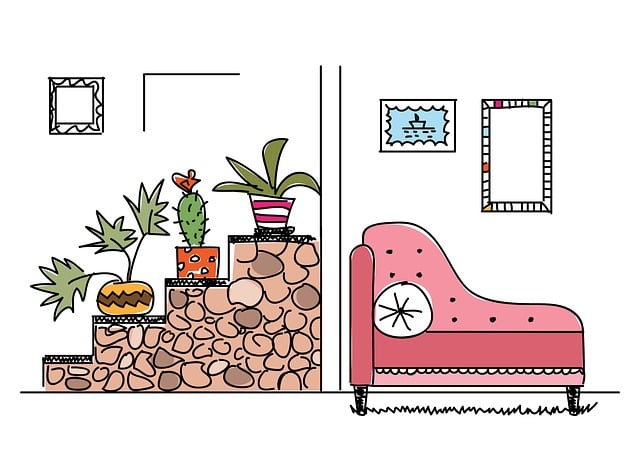
When it comes to smoke damage remediation in Illinois, especially after a fire in a home or commercial property in Chicago, the right tools and equipment are essential for a successful cleanup. Professionals in this field rely on specialized gear to navigate through the aftermath of a fire, ensuring that every trace of smoke and soot is removed effectively. This includes high-efficiency particulate air (HEPA) vacuum cleaners capable of sucking up tiny particles that can remain long after the visible flames have been extinguished.
Additionally, moisture meters are crucial for assessing water damage from firefighting efforts, while thermal imaging cameras help identify hidden hot spots that could lead to further structural damage. For safe and thorough cleaning, professionals use non-toxic, smoke-dampening solutions tailored for various surfaces, from drywall to wood furniture. These tools, combined with expert knowledge, are vital in preparing fire-damaged homes in Chicago for sale or redevelopment, ensuring they meet health and safety standards.
Legal Considerations and Insurance Claims in Chicago

When it comes to smoke damage remediation in Chicago, understanding legal considerations and insurance claims is crucial for a smooth process. In the event of fire damage, property owners should be aware of their rights and responsibilities under Illinois law. One important aspect to consider is the disclosure of pre-existing conditions, such as smoke damage, when selling fire damaged homes in Chicago. Real estate transactions require transparency, so potential buyers must be informed about any known issues that could impact the property’s value or safety.
Navigating insurance claims for smoke damage can be complex. Homeowners should review their policies carefully and document all losses accurately. In Chicago, insurance companies often have specific procedures for filing smoke damage claims. Promptly reporting the incident and providing detailed information about the extent of the damage will help ensure a faster settlement process. It’s advisable to consult with an experienced public adjuster or attorney who specializes in property damage claims to guide you through the legal aspects of selling fire damaged homes, ensuring fair compensation and a quicker recovery.
Tips for Selling Fire-Damaged Properties in the Area

When it comes to selling fire-damaged properties in Chicago, the process can be challenging but with the right approach, it’s possible to navigate this difficult situation successfully. The first step for homeowners is to assess the extent of the damage and determine if repairs are feasible. If the property is beyond repair or the cost of renovation is significant, considering a strategic sale might be the best course of action.
In Chicago, there’s a growing market for real estate investors who specialize in purchasing distressed properties. These investors understand that fire damage can create unique opportunities—from tearing down and rebuilding to rehabbing and reselling. Homeowners should research local market trends, consult with real estate professionals experienced in selling fire-damaged homes, and present their property as an attractive investment opportunity. This might include highlighting the potential for a new, modern build or emphasizing the value of land if demolition is an option.
Smoke damage remediation is a complex process that requires expertise and specialized tools. Understanding the impact of fire and smoke on real estate value in Chicago, coupled with the step-by-step guide provided, empowers homeowners to navigate the cleanup process effectively. Legal considerations and insurance claims should be addressed promptly to ensure a smooth transition during the sale of fire-damaged properties in Chicago. By following these tips, you can restore your home and maximize its resale value, even after smoke damage.
